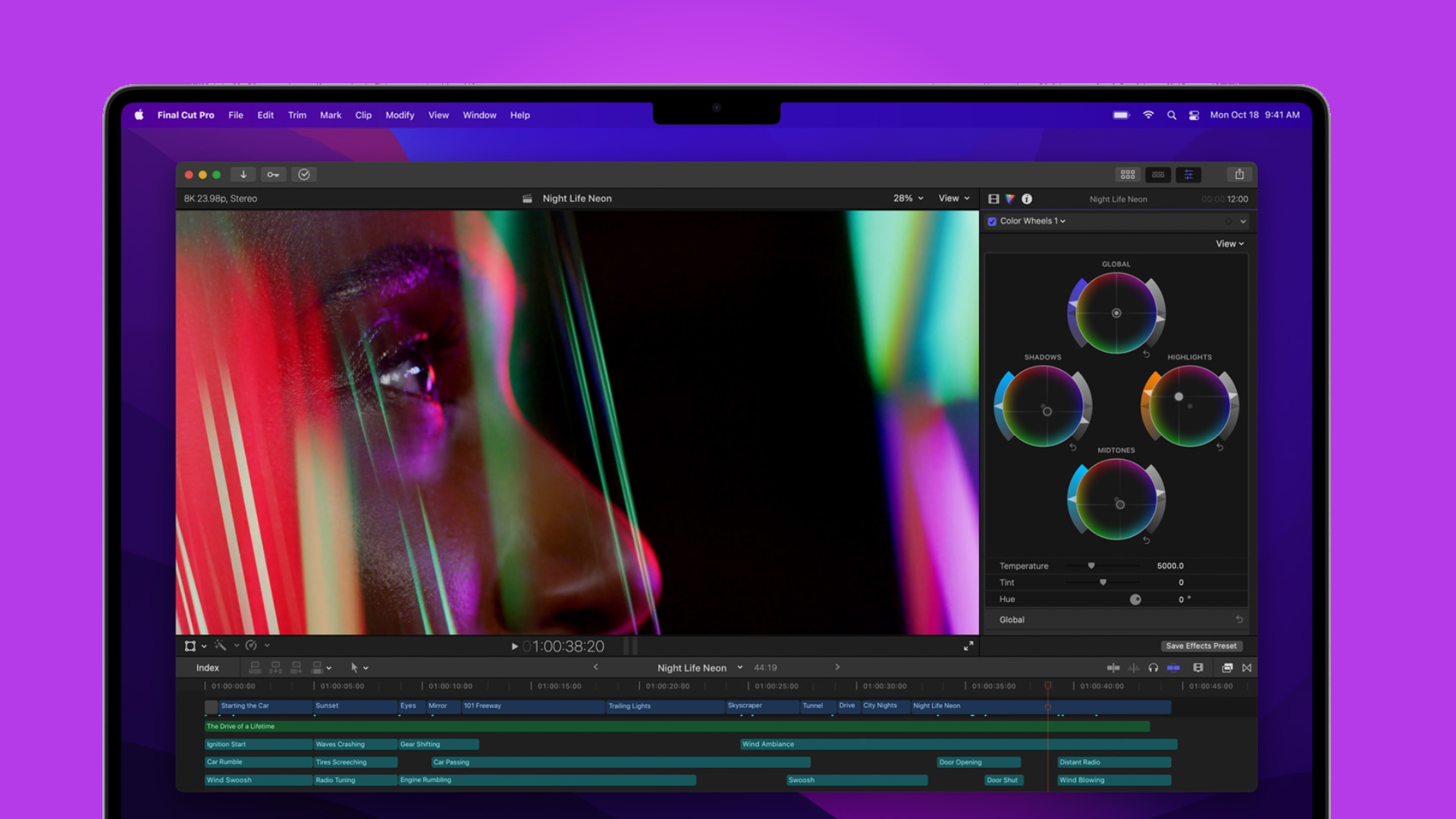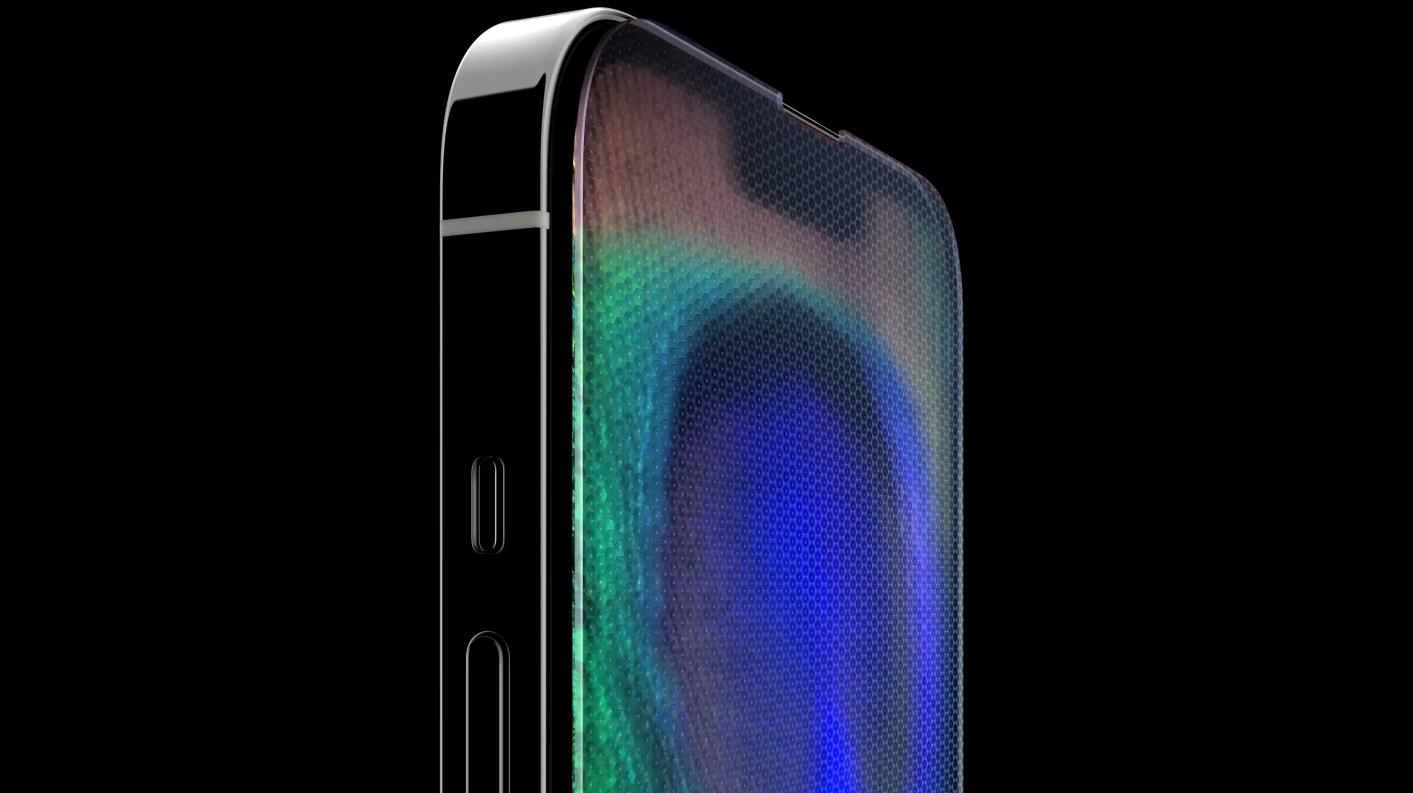
Apple is reportedly in talks with Samsung to bring the company's OLED panel technology to future MacBooks, marking a huge selling point for Apple's laptops in five years' time.
As reported by TheElec, Apple had plans to launch an OLED MacBook in 2025, but this has since been postponed to a later date, with the current chip shortage and conflicts on the pricing for the OLED MacBook panel causing the slowdown.
This follows a conflicting report that Apple had partnered with Samsung to bring an OLED MacBook Pro to market in 2022. However, this could mean that OLED displays are simply coming to MacBook Pro laptops first, followed by regular MacBooks in the coming years.
According to the same report, Apple is also reportedly in talks with LG to potentially bring its OLED displays to MacBooks, too. This actually isn't a surprise, as both LG and Samsung already provide OLED panel technology to both iPhone and Apple Watch devices, so both being involved would make sense.

Both LG and Samsung arguably produce the best-looking OLED displays in the world right now. We've seen this with the LG CX smart TV, the large and vivid screen of which is perfect for both entertainment and gaming.
Samsung is working on its own 90Hz OLED display technology for its future laptops, looking set to directly compete with Apple's future lineup of MacBooks - but given the same happens with the iPhone and Galaxy line of smartphones, the two can clearly co-exist.
Via: SamMobile
Get daily insight, inspiration and deals in your inbox
Sign up for breaking news, reviews, opinion, top tech deals, and more.
Analysis: Would an OLED MacBook be a case of 'too little, too late?'
We can't deny the appeal of an OLED MacBook: the panels allow for richly colorful displays, thanks to a heightened level of contrast paired with their ability to produce true, inky blacks.
This means the spectrum of colors offered by an OLED screen is vastly superior to that of a more traditional LCD display. Hopefully, we'll get a taste of what an OLED MacBook will look like in 2022, if the reports of its partnership with Samsung on an OLED MacBook Pro bear fruit.
The big issue there is that such a device is guaranteed to be incredibly expensive. The 2021 MacBook Pro 14-inch retails for $1,999 / £1,899 / AU$2,999, and that's just the base model. An OLED panel would very likely hike that price up by a significant amount.
Ultimately, though, we worry that Apple might be arriving a little too late to the OLED party. So many companies are looking to OLED as the current standard for displays. Beyond Samsung, other laptop manufacturers, such as Dell, are getting in on the action, with the Dell XPS 15 OLED already available to purchase. That's long before Apple's OLED MacBook Pro is rumored to hit store shelves next year, if that even happens.
Apple is adept at waiting until later than competitors to unleash new technology, but we'll likely see improvements over OLED displays over the next few years, partly evidenced by the rise of 8K displays and supplemental features like Dolby Vision and HDR10+.
Will Apple be able to keep using technology like mini LED displays to offer high-end screens? Or will the lack of OLED be a real issue? Even Apple, with its ability to convince consumers new technology isn't yet warranted, might struggle.

Rhys is TRG's Hardware Editor, and has been part of the TechRadar team for more than two years. Particularly passionate about high-quality third-party controllers and headsets, as well as the latest and greatest in fight sticks and VR, Rhys strives to provide easy-to-read, informative coverage on gaming hardware of all kinds. As for the games themselves, Rhys is especially keen on fighting and racing games, as well as soulslikes and RPGs.